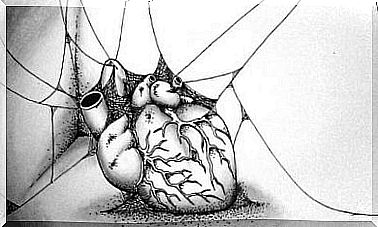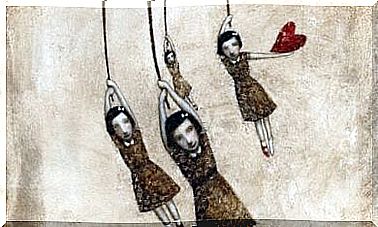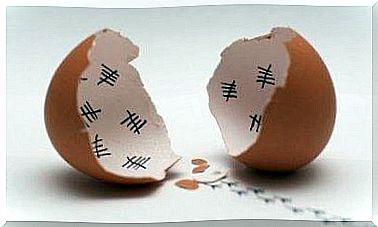Psychological Consequences Of Domestic Violence And Abuse
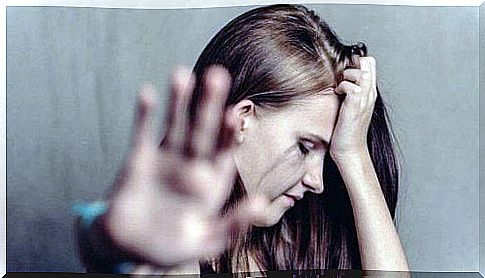
When you experience domestic violence and abuse, it always leaves deep scars and sometimes it is impossible to get rid of them. In particular, the psychological consequences of domestic violence and abuse tend to be grave – and they become even more devastating when the harm is done by someone the victim is in love with.
First of all, the difference between psychological damage and psychological consequences should be clarified. The psychological damage is the direct result of a violent act. It encompasses the sensations and emotions experienced as part of the abuse. The psychological consequences, however, are impressions that remain in the mind if the psychological damage is not properly dealt with.
“In any romantic relationship, if he doesn’t love you, then he doesn’t deserve you, and even less if he hurts you. If someone hurts you repeatedly without wanting to, then they may deserve you, but they are not good for you. “
Walter Riso
Domestic violence and abuse within the family are two types of violence that have the greatest impact . There is a deep emotional bond between victim and perpetrator, which is seldom completely resolved despite the actions, and so the events often drag on over a long period of time.
Another bad thing about these actions is that they are mostly subtle or tolerated in a cultural context. Because of this , this type of violence is not even seen as a problem in some places.
Domestic violence and abuse
Domestic violence can manifest itself in many different ways. One of the most brutal and painful is the type that involves physical violence – and which ends in defined injuries. However, there are also countless types of abuse that are almost invisible to outsiders.

Domestic violence and abuse can be as follows:
- Ridicule and derision of the beliefs, looks or opinions of the abused individual
- Constantly pointing out mistakes and saying that the abused individual cannot do anything right
- Manipulation to make the victim feel guilty. The perpetrator blames him for not meeting his expectations and then punishes him with silence or anger.
- Deny the abuse. If the victim tries to talk about it, then the aggressor refuses to do so and does not admit his harmful actions.
- Isolate from friends and family. This includes jealousy or criticism of friends or family.
The common factor in these behaviors is the desire for control. The perpetrator always tries to impose himself on the victim, even if he does so in a subtle way. In fact, he doesn’t have to yell at or insult the other person to qualify for domestic violence and abuse.
Consequences of domestic violence and abuse
Domestic violence and abuse always have psychological consequences. They leave their mark on the victim’s body, mind and social life. Although each case is unique and each victim reacts differently, the consequences are more or less similar.

The most relevant effects of domestic violence are:
- Psychological consequences: It is mainly a matter of a decrease in self-esteem. Conversely, people with little self-love have a greater chance of falling into the hands of an abuser. Guilt and hopelessness are very common among victims of domestic violence, as are anxiety and depression.
- Physical consequences: These include insomnia, headaches, high blood pressure and respiratory diseases and digestive problems.
- Social Consequences: In most cases, the victim isolates himself. They stop seeing their friends and family because they feel unworthy and ashamed. Of course, the victim also tries not to upset the partner, who is almost always suspicious of social gatherings.
It is important to note that the situation for abused men is often more complex. Society still has a chauvinistic mentality and it is frowned upon for a man to allow his partner to mistreat him.
Because of this , men often hide their abuse and even refuse to admit it to themselves. This makes them more prone to health problems and addictive behaviors as a result of their prolonged pain.
What to do?
Domestic violence and abuse cause confusion, especially in the beginning. It is normal to have a lot of conflicting feelings and thoughts when you become a victim. You want to love and hate your partner at the same time. You feel irritated, but at the same time you justify his behavior.
It’s never easy to face the fact that the person you love is also the source of such a serious problem. It’s hard to admit to yourself that maybe the only way out is to leave this person. All of this is part of the perverse dynamic of domestic violence and abuse.
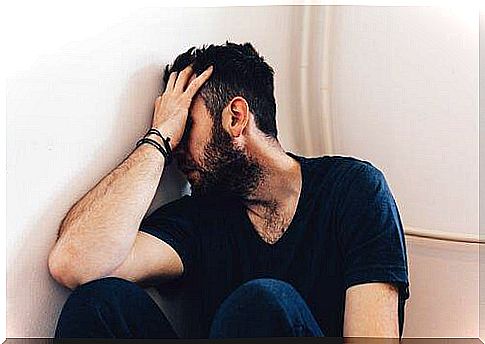
To get out of this type of situation, which is always very harmful, you have to take the first step first. The first step is to admit and accept that you are in an abusive relationship.
Once you’ve accepted that, the next step is because you have to face the fact that the situation won’t go away on its own. Because of this, you need to ask for help. Ideally, you are looking for a psychotherapist who can help you heal even those wounds that you have not yet recognized.
